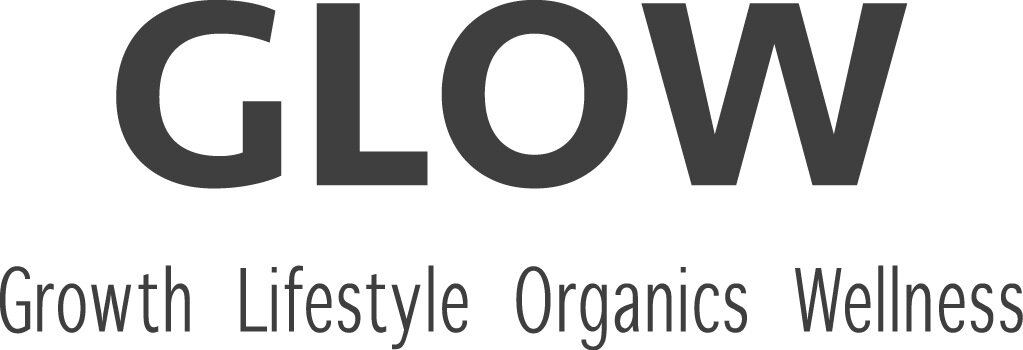For a long time, we were told to stay away from dietary cholesterol, including egg yolks, because it was supposed to be the leading cause of heart disease. Thankfully, eggs have made a comeback due to the shifting mindset in relation to what really stands behind clogged arteries at the root. After all, eggs are a natural whole food, and these should be excluded last unless there are clear signs that you can’t tolerate them. You can read my post on cholesterol here.
Whole eggs are best cooked because raw egg whites should only be eaten on occasion. Raw egg whites can block certain digestive enzymes and frequent consumption can lead to gut issues. The whites are also a major allergen, especially raw. Yolks, on the other hand, are perfectly fine raw and many traditional cultures eat raw egg yolks on a regular basis.
What’s so special about raw egg yolks?
Uncooked, they have been compared to breast milk, meaning most of their nutritional value is easily absorbed without requiring much digestion.
They are a powerhouse of nutrients in their extra virgin form so are more nutritious than cooked. They provide quality protein, vitamins, minerals and good fats.
A source of lecithin and choline: lecithin is a great emulsifier of fats and can replace bile. Fantastic for those who had their gallbladder removed or suffer from constipation. Raw egg yolks are much more potent at stimulating bowel movements than cooked. Lecithin contains choline, a type of B vitamin which is key for the brain (esp. memory and learning ) and liver health (e.g. it is effective against the fatty liver). It also enables the conversion of cholesterol to bile which can result in the lowering of total cholesterol while increasing HDL (the ‘good’) cholesterol.
They are one of the richest sources of retinol, the only biologically active form of vitamin A that can only be obtained from animal fats (beta carotene is not vitamin A). Retinol is a vitamin I am adamant about because it is life giving. Necessary for reproduction, longevity, quality skin, eye sight, brain function, gut integrity and immunity. Without retinol, we can’t utilise dietary protein as efficiently. Therefore, egg white omelettes or egg white scramble should be avoided. Moreover, high protein diets can deplete retinol if you avoid animal fats. This is why I also recommend adding egg yolks to smoothies that contain a protein powder. If you are vegan, would you consider adding eggs or at least egg yolks into your diet?
A source of vitamin K2 in the MK4 form, another nutrient that I cannot praise enough and can only be found in animal fats. This vitamin is getting more and more attention due to its magic function: it activates other nutrients. It directs calcium away from soft tissue like arteries (bye, bye arterial plaque) into hard tissues like bones and teeth, keeps wrinkles at bay and helps to maintain good blood glucose balance.
A source of vitamin D which helps with the absorption of calcium and phosphorus in the gut. It’s a potent immune modulator which keeps allergies and infections at bay. Key for the brain, hormonal health and insulin sensitivity. Egg yolks are especially great in winter when the exposure to the sun is limited. Did you know that we produce vitamin D by exposing cholesterol in the skin to the sun? Interestingly, many foods that are a source of vitamin D3 (active form, present only in animal fats) are also a source of cholesterol.
A source of essential fatty acids omega 3 and 6. ‘Essential’ means that the human body is unable to produce them and we have to obtain them from the diet. They are very prone to damage by heat and are best in an unadulterated form. On top of raw egg yolks - sushi, gravlax and carpaccio or steak tartare from grass fed beef are phenomenal for that too. EFA’s work together with vitamin A, D, K2 and calcium, all of which are supplied by the yolk.
They are particularly rich in vitamin B12 which is key for the nervous system and building healthy blood (preventing anaemia and energising you).
Best quality eggs come from pastured hens that roam freely and eat all foods they come by: grass, herbs, bugs and even meat. Hens do not thrive on soy, corn or similar feeds, even if organic. They need ‘wild’ foods, which will yield a perfect omega 3:6 ratio in the yolks. If pastured eggs are hard to come by, get the best eggs that are available to you, even if far from perfect.
How to handle eggs if you ant to eat the yolks raw
The ‘how to’ is intended to minimise any potential health risks associated with salmonella. If present, salmonella is found on the egg shell and can penetrate the egg if it was broken. Please note that commercial eggs are washed and sanitised so the risk is small. Saying that, if you want to eat a raw egg yolk and feel safe, always pick an egg that has no cracks. Running some boiling water over the egg before you crack it is also a good idea.
The best way to crack an egg when you want to have a raw egg yolk is quickly bashing it with a sharp knife and letting the white run through your fingers while holding the yolk. This way, the yolk has no contact with the shell.
Where to add raw egg yolks
Smoothies: energising smoothie , brain boosting smoothie , mango lassi style smoothie , liver lover smoothie
Home made mayonnaise and alioli
Salad dressing (e.g. vinegar, olive oil, mustard, honey, egg yolk, salt, pepper; shake all ingredients in a small jar)
Cup of soup or meat stock (stir it in directly before eating, not while cooking)
Home made ice cream: peanut butter ice cream , salted caramel style ice cream
Russian custard

